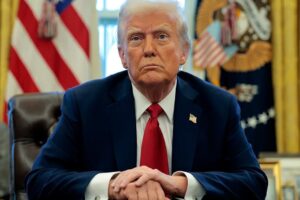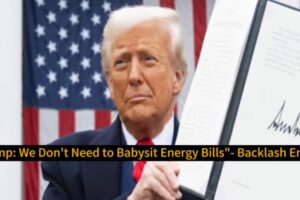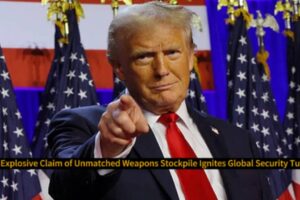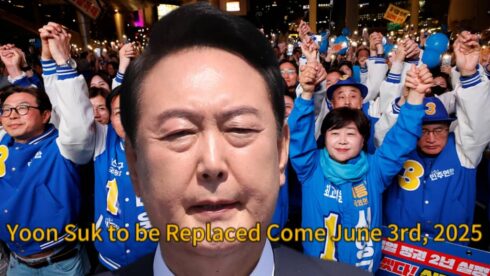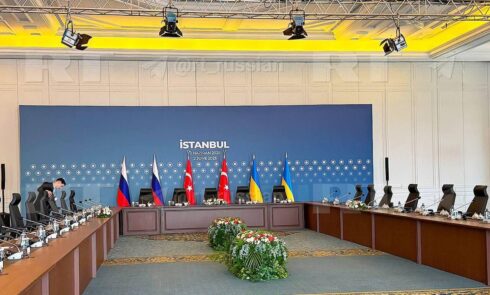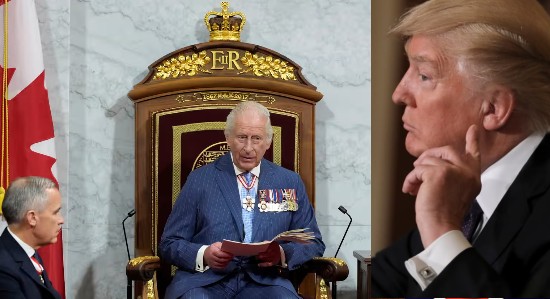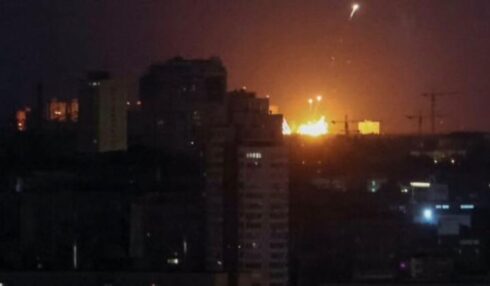South Korea is set to hold a snap presidential election on June 3, 2025, following the impeachment and removal of President Yoon Suk Yeol. The Constitutional Court unanimously upheld Yoon’s impeachment after he declared martial law in December 2024, an action deemed unconstitutional and a severe violation of his presidential duties. This unprecedented move has necessitated an expedited electoral process to restore democratic governance.
The imposition of martial law by Yoon was widely criticized as an attempt to obstruct parliamentary proceedings, leading to mass protests and political instability. Under South Korean law, a presidential election must occur within 60 days of a vacancy, prompting the scheduling of the June 3 vote. Acting President Han Duck-soo will oversee the government until the election.
Key Contenders Emerge Amidst Political Uncertainty
The upcoming election has attracted a diverse array of candidates from across the political spectrum. Kim Moon-soo, Yoon’s former labor minister, resigned to announce his candidacy, citing a sense of national duty during the current economic crisis. Ahn Cheol-soo, a People Power Party (PPP) lawmaker and previous presidential candidate, has also entered the race, positioning himself as a clean alternative focused on economic innovation, including advancements in artificial intelligence.
On the opposition front, Lee Jae-myung of the Democratic Party, who narrowly lost the 2022 election, remains a prominent contender despite facing multiple legal challenges. A recent Gallup poll indicates Lee leading with 34% support, significantly ahead of other candidates. The PPP is experiencing internal divisions, with reformists and traditional supporters at odds over Yoon’s actions, complicating their efforts to unify behind a single candidate.
Legal Proceedings and Public Sentiment Post-Impeachment
Following his removal from office, Yoon Suk Yeol faces criminal charges, including insurrection, with trial proceedings set to commence on April 14. His arrest involved a dramatic standoff, with investigators scaling walls and cutting through barbed wire to detain him at his residence. This arrest has been hailed by opposition leaders as a step toward restoring constitutional order and the rule of law.
Public sentiment appears to favor Yoon’s impeachment, with a majority supporting his removal. Protests leading up to the impeachment vote saw hundreds of thousands advocating for his ouster, reflecting widespread discontent with his administration’s actions. This public support underscores the populace’s commitment to democratic principles and accountability.
Historical Context of Presidential Impeachments in South Korea
Yoon’s impeachment adds to South Korea‘s history of troubled presidencies, with several leaders facing impeachment, corruption charges, or controversial exits. Notably, Park Geun-hye was impeached in 2017 amid a bribery scandal, and other former presidents have faced legal challenges post-tenure. This pattern highlights ongoing challenges within the nation’s political landscape and the imperative for systemic reforms to enhance transparency and governance.
The recurrence of such political crises underscores the need for structural changes to prevent future abuses of power and to strengthen democratic institutions. The upcoming election presents an opportunity for South Korea to address these issues and chart a course toward more stable and accountable governance.
Implications for South Korea’s International Relations
Yoon’s removal has significant implications for South Korea‘s foreign policy, particularly its alliances with Western nations. Yoon had advocated for closer ties with democratic allies, but his authoritarian actions strained these relationships. The election of a new president could lead to shifts in diplomatic priorities, especially concerning relations with the United States and China.
The outcome of the election will be closely monitored by international partners, as South Korea plays a pivotal role in regional security and economic dynamics. The new administration’s approach to foreign policy will influence the nation’s strategic positioning and its contributions to global initiatives.
Economic Challenges Amidst Political Transition
The political upheaval comes at a time when South Korea faces significant economic challenges, including rising tariffs and pressures from international trade dynamics. The leadership vacuum has hindered negotiations with key partners, notably the United States, exacerbating economic uncertainties.
Candidates have emphasized economic innovation and stability as central themes in their campaigns. The electorate’s focus on economic issues reflects a desire for leadership that can navigate the country through these turbulent times and implement policies fostering growth and resilience.
As South Korea approaches this critical election, the nation stands at a crossroads, with the potential to redefine its political trajectory and reinforce its commitment to democratic principles. The choices made in the coming months will have lasting impacts on both domestic affairs and international relations.






